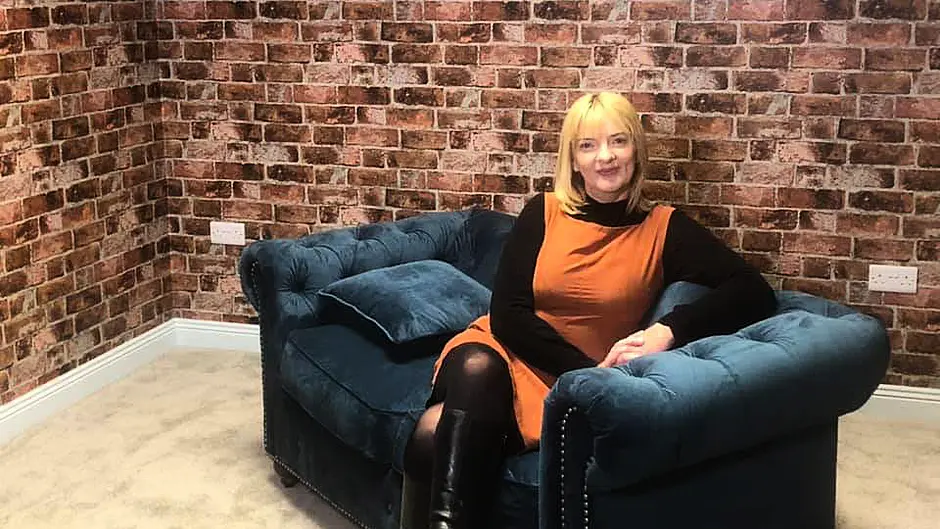Gearing up to contest the next election, Sinn Féin’s Liadh Ní Riada admits her 2018 presidential bid was a ‘brutal’ experience, but a democratic necessity. And the Ballyvourney resident tells Donal O’Keeffe that Clonakilty’s Cllr Paul Hayes was poorly treated by the party before his shock decision to leave last year
‘AND how do you feel about the fact that not even your neighbours voted for you?’
After a punishing presidential campaign, Liadh Ní Riada, having conceded defeat, was on her way into the count centre, when a television reporter doorstepped her.
‘She said, “Not even the people in your own backyard voted for you. How does that make you feel?” She was just barraging me with questions,’ recalled Ní Riada.
‘I said, “Could you just stop, and allow me to at least to congratulate Michael D Higgins?” and that for me was the worst point, because I was already exhausted, and why put the boot in? I thought it was really pretty vicious and cruel.’
Ní Riada says she isn’t one to dwell on negativity, and running for president was a huge privilege. She believes challenging an incumbent – even Michael D, whom she calls ‘a friend’ – was a democratic necessity.
Undaunted by that defeat, or the subsequent 2019 loss of her European Parliament seat, she hopes to contest the next general election in Cork North West, an election she feels the government won’t hurry to call.
‘They’re not doing terribly well in polls, and why would they be? They’re incredibly incompetent,’ says the 54-year-old Cúil Aodha native.
In a rural constituency, with urban pockets like Ballincollig, Ní Riada sees lack of housing and the lack of planning for housing, as a huge issue. Urban or rural, she feels, bread-and-butter issues are the same. ‘Health, transport, broadband and mental health are all huge issues all over the country, no more so than here.’
She believes that it’s time Cork North West, which has never had a female TD, takes a serious look at gender balance. ‘We are 51% of the population,’ she points out, ‘and I think it’s about time that was addressed.’
Sinn Féin didn’t run a candidate in Cork North West last time out, something Ní Riada says in hindsight was a mistake. ‘We had just come out of a brutal election, where we lost so many council seats, and I lost my European seat. We hadn’t anticipated the rise we would get in the general election, that saw so many of the TDs we now have [elected].’
Last year Cork South West Cllr Paul Hayes left Sinn Fein after a fairly public airing of his grievances regarding his treatment by the party. She says he’s a big loss to the party.
‘I was really sorry that Paul left, because he’s a good friend of mine. He’s an absolutely topping councillor, he’s brilliant. I think he should have been more supported.’
On a more personal note, Ní Riada says the tragedies which made her an orphan at 10, and which took her first husband, who died 10 months after they married, have taught her to grab life in its entirety, and to make the best of things. ‘You realise that life is very fleeting, and that you should take every opportunity that comes your way. I wouldn’t say that it has given me a fighting spirit, I’d just call it a spirit of being grateful for being alive, and for all those people that are alive in my life today. I think you should always look for the positive.’
The death of her father, composer Seán Ó Riada, when she was four, and her mother, Ruth, when she was 10, brought her closer to her six siblings, and she says the Cúil Aodha family were blessed to live in such a good community of neighbours and friends. She remembers a lively, happy household, never short of visitors.
‘We had Imrat Khan, the famous sitar player from India, call once, we had different famous people of that ilk calling, colourful and interesting people.
‘It was a good household. There was a lot of variety. I had a very happy childhood, despite losing both parents.’
Still very much a part of that community of neighbours and friends, Liadh Ní Riada is hopeful that the next election – whenever it comes – will see those neighbours most emphatically voting for her.








